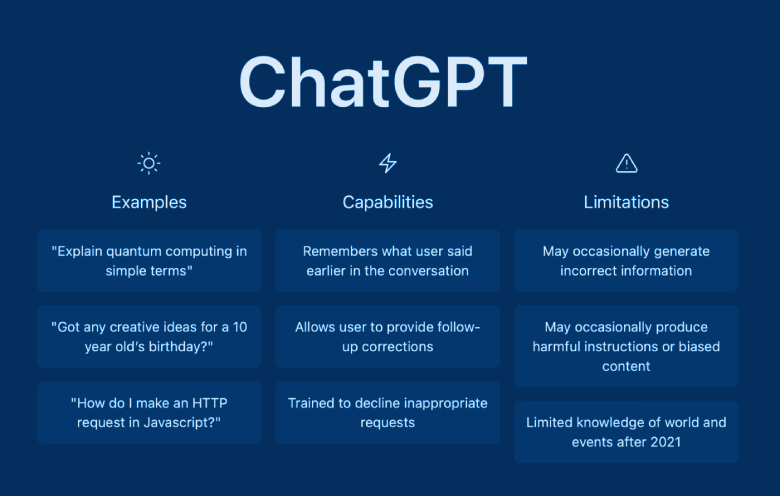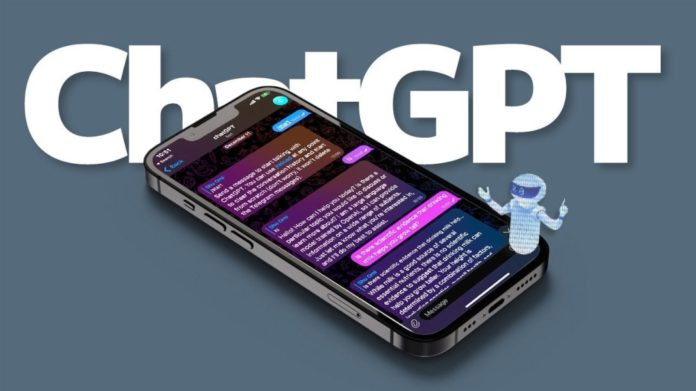OpenAI, the visionary creator of ChatGPT, powered by artificial intelligence, has made a groundbreaking announcement: the chatbot can now navigate the internet, providing users with up-to-the-minute information. Previously, ChatGPT was trained using data up until September 2021, effectively locking its knowledge in time.
This development opens new possibilities for premium users, allowing them to inquire about current events and access news. OpenAI has plans to roll out this feature to all users in the near future, signaling a significant enhancement to the AI-powered chatbot.
A Leap Forward for ChatGPT

ChatGPT and similar AI systems utilize vast datasets to generate human-like responses to user queries. This capability is poised to revolutionize the way people seek information online. However, until now, ChatGPT’s “knowledge” was confined to the internet’s contents as of September 2021. It lacked the ability to access real-time information from the web.
Users previously encountered limitations when asking ChatGPT about recent events. Questions about the latest earthquake in Turkey or the status of public figures would result in responses like, “‘I’m sorry, but I cannot provide real-time information.”
This inability to provide real-time updates has been a drawback for potential users seeking current information.
The Pros and Cons of Real-Time Access
Tomas Chamorro-Premuzic, a professor of business psychology at University College London, sees this new feature as a game-changer. It transforms ChatGPT into a source of the latest news, gossip, and current events, potentially diverting users from traditional search engines and news outlets.
However, Chamorro-Premuzic points out a potential pitfall. While ChatGPT can provide quick responses, it may lack proper sourcing, potentially leading to misinformation. Users may assume the information they receive is reliable when, in fact, it may not be.
Regulatory Scrutiny and Ethical Concerns
OpenAI has faced scrutiny from US regulators over the risk of ChatGPT generating false information. Earlier this year, the Federal Trade Commission (FTC) requested information from the Microsoft-backed company regarding how it addresses reputational risks.

OpenAI’s CEO expressed the company’s commitment to cooperating with the FTC, acknowledging the importance of addressing concerns.
The decision to allow ChatGPT to access the internet reflects the complex challenges facing the AI sector. While removing or loosening guardrails enhances usefulness, it also introduces the potential for misuse and misinformation. OpenAI’s cautious approach acknowledges these concerns and highlights the need to strike a balance between advancement and safety in the rapidly evolving field of artificial intelligence.
Stay tuned to Brandsynario for the latest news and updates.











































